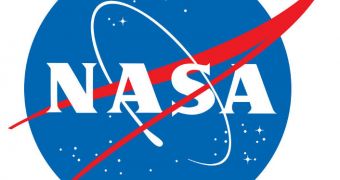On April 8, the US Congress and the White House managed to reach a compromise on how the 2011 budget should look like. In a statement posted on the House Appropriations Committee website on April 12, the official budget for the American space agency was $18.485 billion.
This represents a 1.3 percent decreased from 2010 levels, when NASA got $18,724 billion for an entire fiscal year. But this year's situation can be regarded as extraordinary, given the tough economic circumstances in which financial decisions had to be made.
The agreement that was reached recently managed to sway both parties simply because everyone wanted to avoid a federal government shutdown. Under other circumstances, lawmakers would have been bickering over the details of the 2011 budget as we speak.
Overall, the 2011 budget includes a reduction of non-defense spending totaling about $38 billion. This is how much money the government was able to cut for the expenses of all its agencies.
There are several key aspects of the new bill, called HR 1473, that captured the attention of analysts. One of the them is the provision which prohibits NASA from engaging in bilateral relations with the Chinese National Space Administration (CNSA).
A series of visits by officials from the two agencies got numerous congressmen up in arms about the reasons why the US would want to cooperate with China in space exploration, Space reports.
Another interesting aspect contained in HR 1473 is that NASA is now free to cancel Project Constellation, its Bush-era drive to develop rockets, space capsules, landers and on-orbit engine stages for reaching the Moon by 2020.
The Orion Crew Exploration Vehicle and the ARES I and V rockets were the primary components of this Project, alongside the Altair lunar lander and the Earth-Departure Stage (EDS). Until now, the agency was forbidden by Congress to close the program without consulting it first.
The bill funds NASA with $3.8 billion for exploration, of which about $1.8 billion will go to the development of a heavy-lift delivery system. The new rocket needs to be able to carry at least 130 tons of cargo to orbit.
Aeronautics research and Cross Agency Support (funded at $535 million and $3.1 billion, respectively) are the only divisions that received more money under the new bill than they had last year.
The NASA Science Mission Directorate, one of the most important components of the space agency, was given $4.945 billion, which is only $2 million less than last year. The SMD is in charge of handling all space probes, landers and orbiters NASA sends to space.

 14 DAY TRIAL //
14 DAY TRIAL //